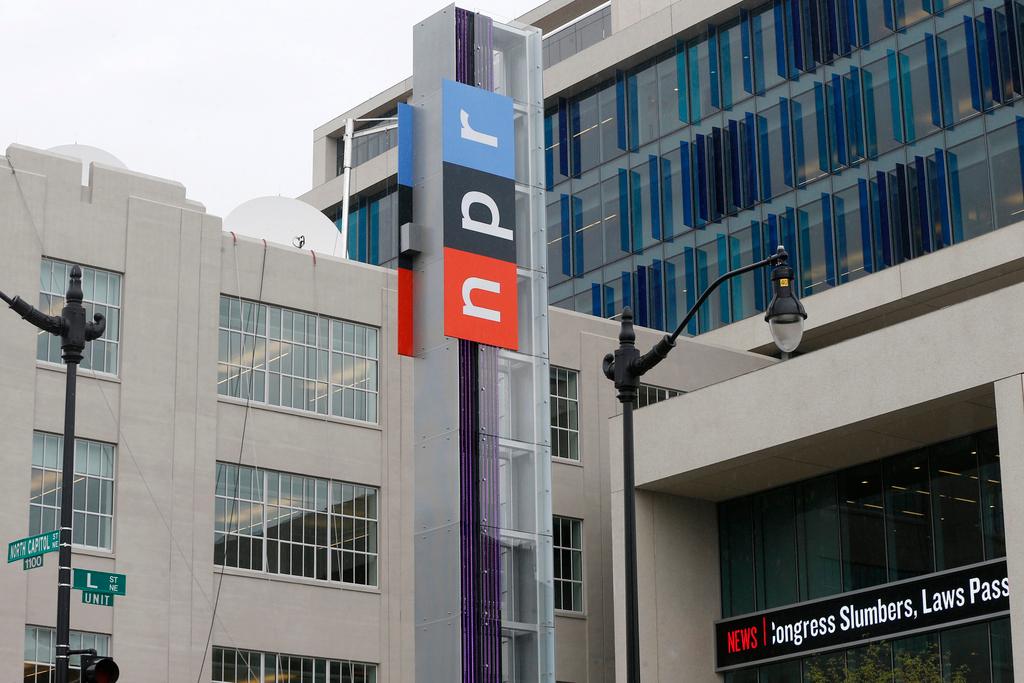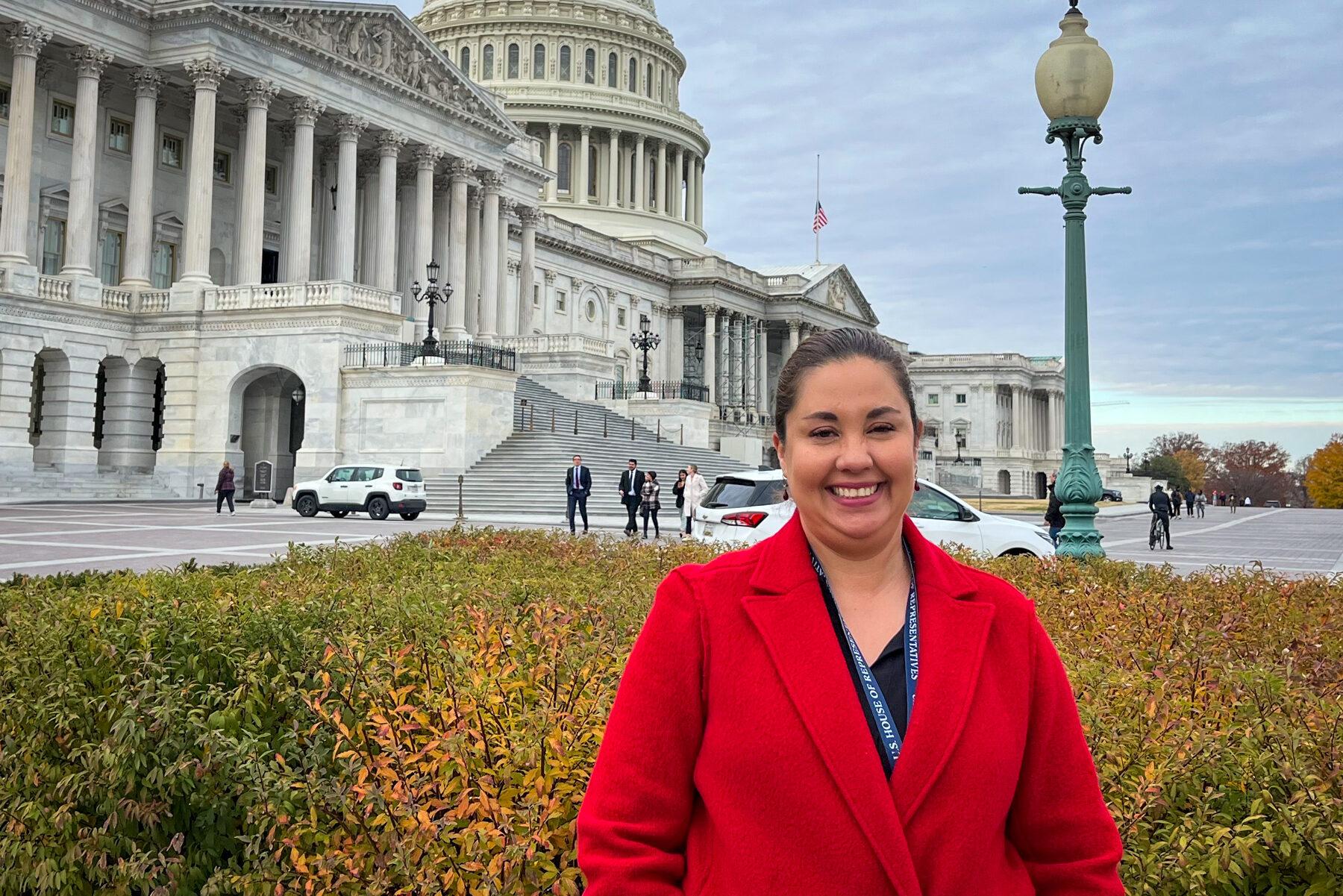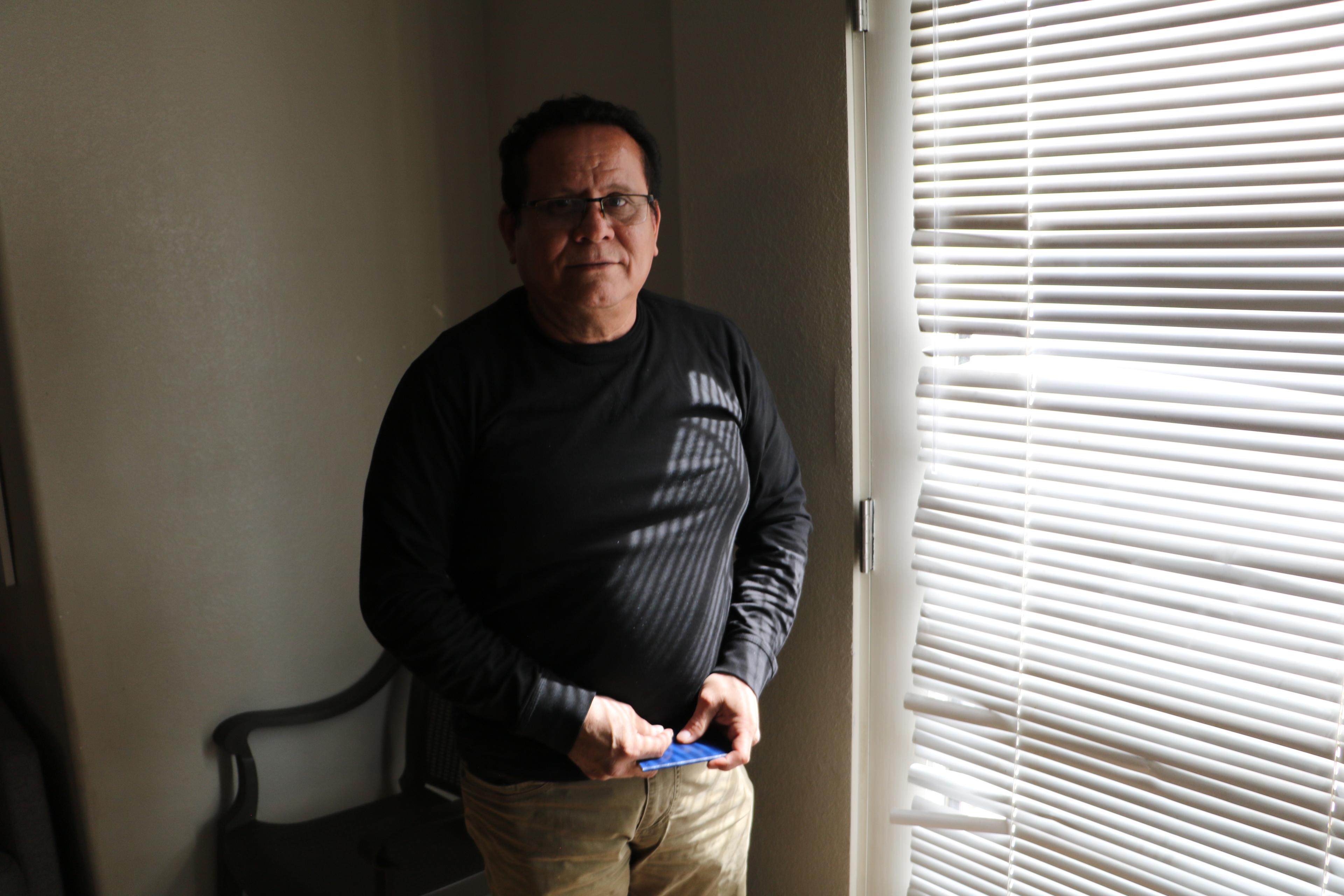UPDATED on May 11, 2022:
The Colorado State Board of Education voted to remove Adams 14's accreditation and ordered it to begin a process that could see the district be dissolved, annexed or consolidated. Go here for the most up-to-date news on Adams 14.
Our original story from April 14 follows below.
The Adams 14 school district will not face school closure or district reorganization — at least for now.
The state board of education indicated Thursday it is likely to restore some control of the district to its superintendent and local school board after two years of being managed by a private company. The district, which was ordered by the state in 2018 to hand over control to an outside manager for at least four years, would still be required to work with a partial outside manager as part of a state-ordered improvement plan.
The Thursday decision by the state board of education goes against the recommendation of a state review panel to reorganize the Commerce City district and close its only comprehensive high school.
The state board asked Adams 14 officials to return to the state board in May with details outlining the responsibilities and authority of the partial manager once chosen. It also must provide a detailed improvement plan for Adams City High School. District officials must also appear before the board on a quarterly basis, if the plan is ultimately approved.
Board member Steve Durham called closing Adams City High School “impractical and damaging to children.”
The options the school board had to choose from: reorganize the district, bring on another public or private outside manager to fully or partially manage the district, convert one or more schools into public charter schools or innovation schools, which would allow more flexibility over budget and hiring teachers, or close schools. In the most extreme example of state intervention, board members could have ordered the district to dissolve and merge with other districts pending their approval, which was unlikely.
The board also approved a motion Thursday that requires the district to return in June with an innovation plan for Central Elementary that includes a partial manager.
District’s rocky run
After years of low academic performance, control of the district was turned over to a private company, Florida-based MGT Consulting, in 2019. After a rocky run, the company was fired earlier this year, after the district’s new superintendent accused the company of financial irregularities and bullying behavior — complaints that were brought to the attention of state education officials.
After the district cut ties with MGT, superintendent Karla Loria, who was barred by the company from talking to finance and human resource departments, regained control two months ago and began crafting an improvement plan. Loria has more than 30 years of education experience, specifically working in so-called turnaround schools.
The district sought an outside partner to partially manage and collaborate with the district, a tight knit working-class community north of Denver. Adams 14 hopes to finalize a strategic plan by the early fall and name an outside partner next month.
“I heard loud and clear that community's wishes to be included in the development of the plan,” said Loria, who told the board she and her team successfully turned around 18 out of 25 schools under her direction in Houston. “I listened. I will not bring a plan to be implemented top-down. I will collaborate with the stakeholders and this takes time and it is essential for sustainability of improvement efforts.”
Loria underscored that she and the local school board are unified and ready to take on the challenge of turning the district around. Adams 14 has received the two lowest ratings on the state’s report card since 2010.
The district has a long history of struggles
More than 85 percent of the district is Hispanic/Latino, the vast majority of students qualify for free and reduced priced lunch, and more than half of students speak English as a second language — the highest percentage in the state.
About eight out of 10 students in Adams 14 are not reading at grade level. Even fewer are performing math at grade level. Four-year graduation rates are about 15 percentage points lower than the statewide average. Enrollment has dropped 17 percent over the last five years. Last year, 34 percent of Adams 14 students enrolled into neighboring districts or charter schools.
District officials acknowledged the severe problems facing the district, particularly over the past two pandemic years when the district was run by an outside manager. However, during the district’s presentation, it suggested that state officials had cherry-picked some data. For example, among Hispanic students, Adams 14’s graduation rate exceeds the state average by 14 percentage points.
Commerce City community opposed closing schools
In written comments submitted by the public, Adams City High School students wrote movingly of the impact closing the school that has educated many of their fathers, mothers, aunts and uncles.
Several noted that there are students whose families depend on them for income and stability, and they need more options for help.
“I told some kids in school about the situation and asked what they would do — most of them said they would drop out,” wrote one 10th-grader. “For me it would impact me because I would struggle to fit in and lose motivation because of the new things I have to get used to.”
If the school closed, wrote another, “I would lose motivation and not learn or just get a job after it decided to close, (I) wouldn’t be able to go anywhere else due to transportation issues.”
State board members on Thursday vacillated between offering support to the beleaguered district and chastising district leaders for, in their view, not reflecting enough urgency in their presentation.
“This has been going on since I got here in 1998, every two years, it’s not water under the bridge, it’s the bridge underwater… we need to do something now,” said board member Karla Esser. “What's going to change now? ... How do we heal the entire community so that we are able to create the best possible schooling we can for these kids?”
Superintendent Loria answered the question of how to heal. “Listening to them. Listening to the community. The community, the staff, the board, they want to be part of the solution,” Loria said. “They want to be part of the development of the plan. They want to be part of the redesigning and reimagining of schools.”
Editor's note: This story has been updated to correct the nature of the plan the state board of education agreed on.









